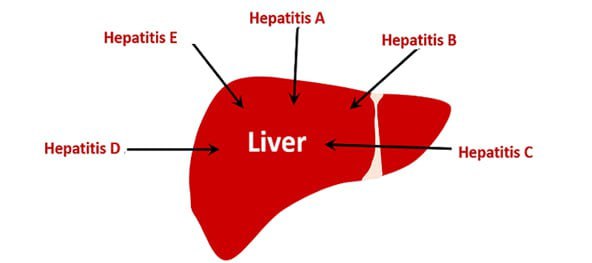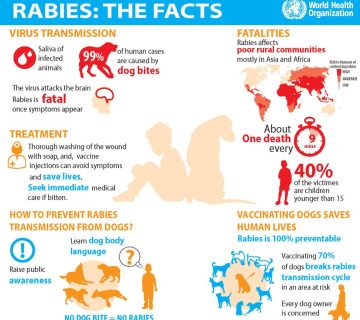Introduction
Every year on July 28th, the world observes World Hepatitis Day, an occasion aimed at raising awareness about viral hepatitis, enhancing global understanding of the disease, and uniting efforts to combat it. This day is organized under the auspices of the World Health Organization (WHO) and the World Hepatitis Alliance (WHA), with a focus on the importance of prevention, early diagnosis, and effective treatment.
Background on Hepatitis
Hepatitis is an inflammation of the liver, most often caused by a viral infection. There are five main types of hepatitis viruses, known as A, B, C, D, and E. Each of these viruses differs in its mode of transmission, the diseases it causes, and the prevention and treatment strategies.
- Hepatitis A and E: Typically spread through the consumption of contaminated food or water.
- Hepatitis B, C, and D: Transmitted through exposure to infected blood or body fluids. Hepatitis B can also be transmitted from mother to child during childbirth, through unprotected sexual contact, and via the use of unsterilized medical equipment.
World Hepatitis Day 2024 Theme
The theme for World Hepatitis Day 2024 is “Testing and Treatment for All,” emphasizing the need for universal access to testing and treatment for everyone, regardless of their location or socio-economic status.
The Importance of Awareness and Education
Awareness and education about viral hepatitis play a crucial role in combating the disease. Efforts include media campaigns to disseminate information about transmission methods and preventive measures, such as vaccinations and personal hygiene, as well as the importance of regular screening for early detection of infection.
Global Statistics
According to the World Health Organization, it is estimated that around 304 million people worldwide are living with chronic hepatitis B and C. Viral hepatitis causes approximately 1.3 million deaths annually, a toll higher than that of AIDS or malaria. These statistics highlight the urgent need for effective action at both global and local health policy levels.
Challenges and Solutions
One of the major challenges in the fight against viral hepatitis is the lack of awareness among the public, insufficient routine screenings, and difficulty in accessing treatment in certain regions. The WHO and its partners are working to promote research and develop national programs to combat hepatitis, including the provision of vaccines, facilitating access to testing and treatment, and educating the public about the dangers of the disease and ways to prevent it.
Sources
Asst Prof Dr. Noor Raouf Al-Hasani
Head of the Electronic Health Unit
July 28, 2024








